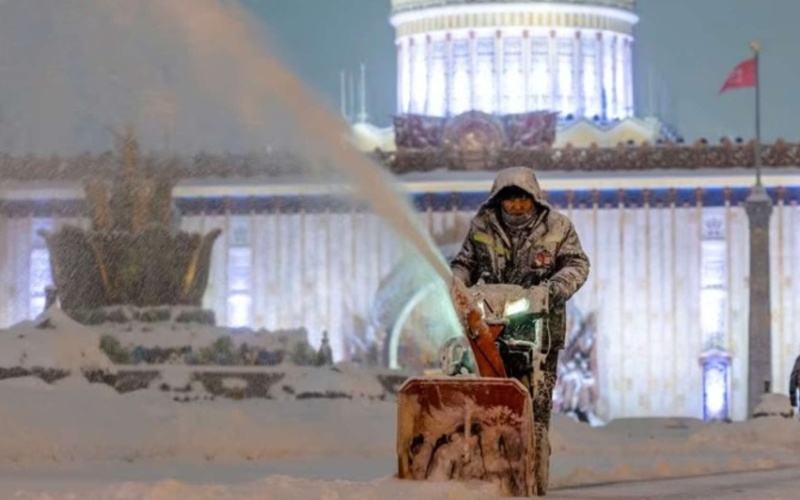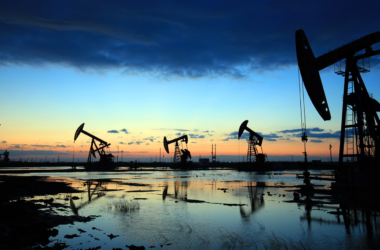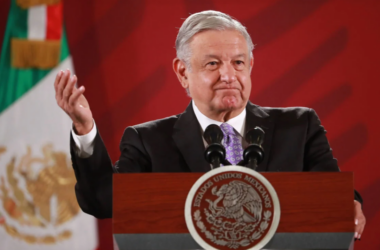Extreme winter weather has gripped Russia as temperatures in parts of Siberia plunged to a bone-chilling minus 50 degrees Celsius (minus 58 degrees Fahrenheit). Simultaneously, Moscow experienced record snowfall, causing disruptions to flights and daily life.
In the northeastern region of Siberia, specifically the Sakha Republic, which is home to Yakutsk, one of the coldest cities globally, temperatures reached below minus 50 degrees Celsius, as reported by local weather stations. This region, covering an expanse slightly smaller than India, witnessed an unusually early and severe cold snap, resulting in temperatures dropping even further in some areas.
The permafrost zone covers almost the entirety of Sakha, making extremely low temperatures a common occurrence. In Yakutsk, the regional capital located approximately 5,000 km (3,100 miles) east of Moscow, temperatures ranged from minus 44 degrees Celsius to minus 48 degrees Celsius.
The occurrence of temperatures below minus 50 degrees Celsius has become less frequent in recent years due to climate change, which has led to signs of permafrost thawing. The impact of climate change on the Arctic and subarctic regions is evident, with extreme weather events becoming more pronounced.
Meanwhile, Moscow faced one of the most substantial snowfalls on record, causing significant disruptions, particularly at airports. Thick layers of snow covered runways, leading to delays and cancellations. At least 54 flights were delayed, and five more were canceled at the capital’s three major airports, according to reports from the RIA news agency.
The unusual winter conditions in Moscow are expected to persist, with temperatures forecasted to fall to around minus 18 degrees Celsius later in the week. The combination of extreme cold and heavy snowfall underscores the diverse and challenging winter weather patterns that Russia experiences across its vast territory.
As climate change continues to influence weather patterns globally, regions like Siberia, known for their severe winters, are witnessing shifts in temperature norms. The deep freeze in Siberia and the record snowfall in Moscow serve as stark reminders of the ongoing impacts of climate change on weather extremes and the need for continued adaptation and resilience efforts.








